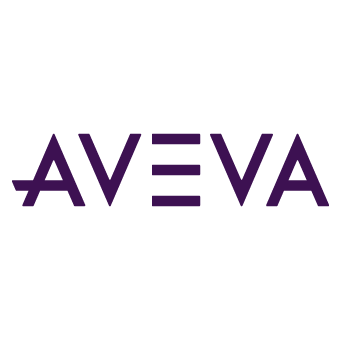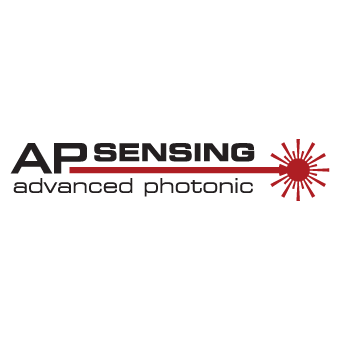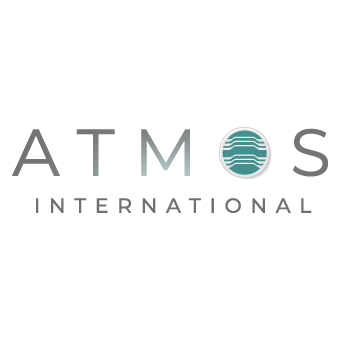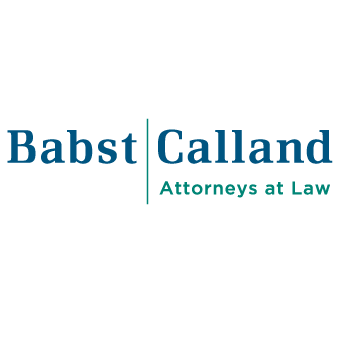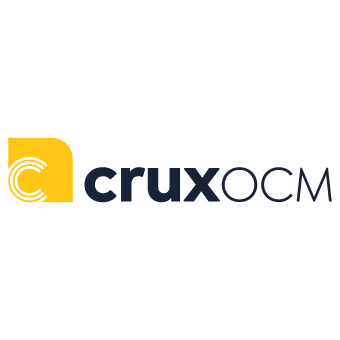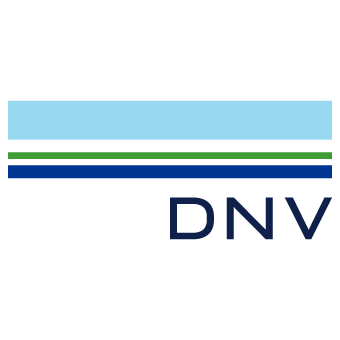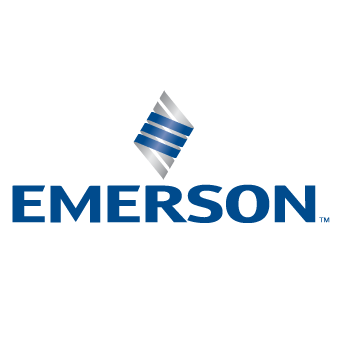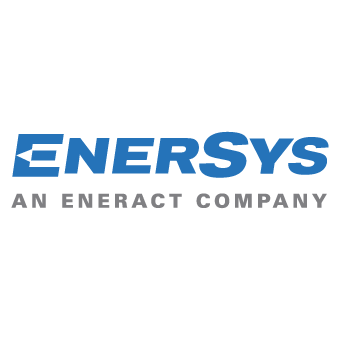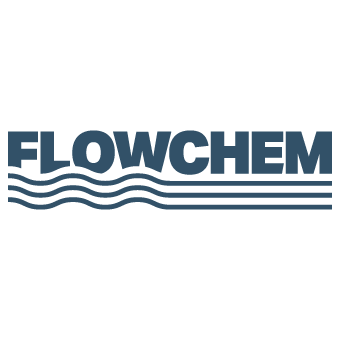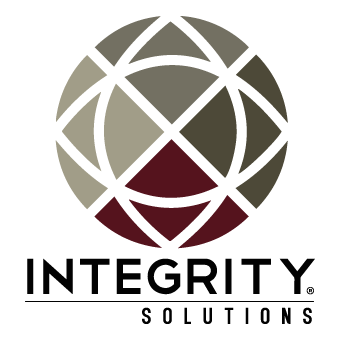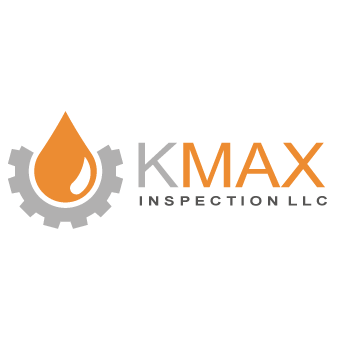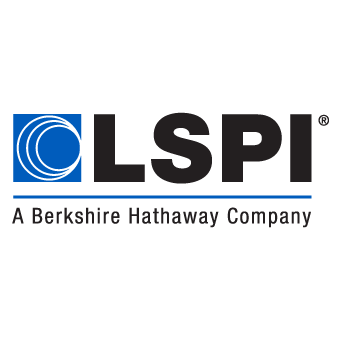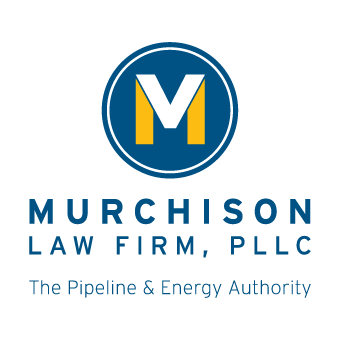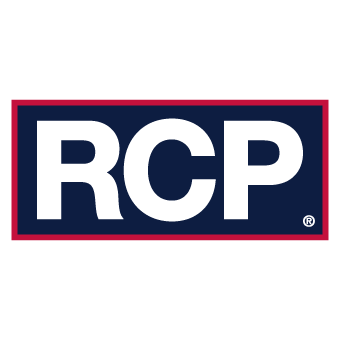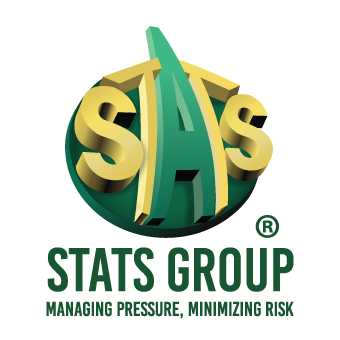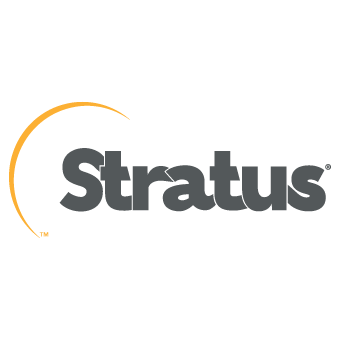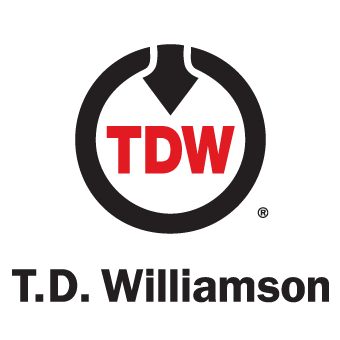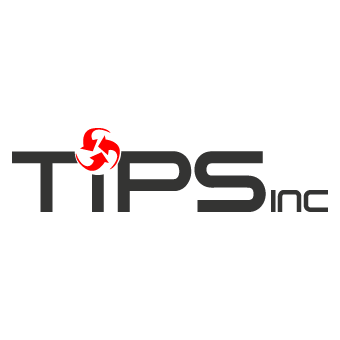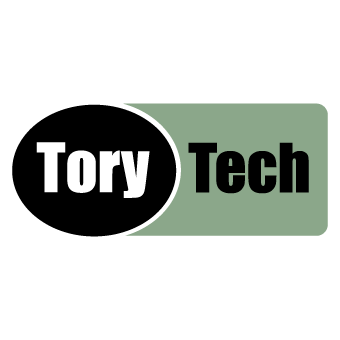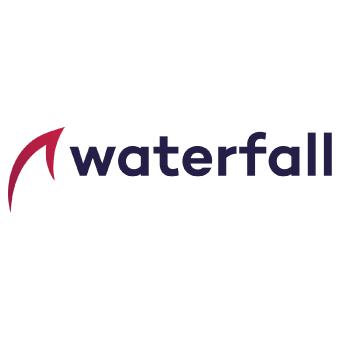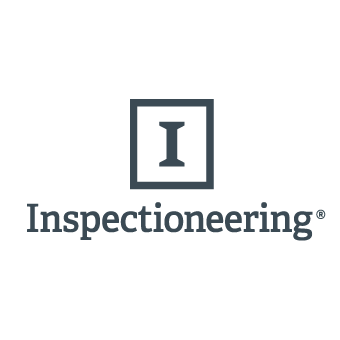May 06, 2024 to May 08, 2024
2024 API Pipeline Conference and Expo: Pipeline, Control Room and Cybernetics
Hyatt Regency Salt Lake City, Salt Lake City, Utah
#Pipeline24
Overview
Download Preliminary Conference Program
Download Conference Guide
Sustain. Transform. Secure.
Global leaders continue to evolve in their formulas for a successful and just energy evolution. In doing so, the realization that oil and gas are catalysts for energy sustainability, transformation and security amidst a rising global demand sharpens. Oil and gas companies are working to solve the climate challenges by sustaining resources today, all the while securing the future through the development of innovative business models.
To continue to transform both present and future outlooks, valiant efforts are underway for deepening expertise, embracing policies that accelerate capital investments, and collaborating in unprecedented ways that enables a continued pathway for evolution. Industry will continue its mission to sustain, transform, and secure essential needs across the globe. Join the +700 industry professionals in Salt Lake City, Utah from May 6-8, 2024 as they connect, collaborate, and learn together.
What We Know
- Oil and gas companies continue to take steps in defining the energy system of tomorrow. As time progresses, the role oil and gas companies will play in the energy evolution continues to grow.
- While at times geopolitically influenced, current oil price increases reflect a strengthening global economy leading to healthy balance sheets for U.S. companies. Current trends highlight a continued focus on shareholder returns and energy diversification investments, such as CCUS and hydrogen, versus traditional asset investitures.
- Companies will need abundant capital, diverse technical expertise, and experience with complex operations and markets to successfully embrace new fuels.
- Domestic and global demand is less likely to decline near term. Increases in LNG export facilities continue to place the U.S. with greater mobility to serve even greater energy goals globally. This includes natural gas’ reputational comeback due to its more immediate effect on lowering carbon and methane emissions.
- A renaissance in workforce development is inevitable and will be largely influenced by oil and gas with a makeup of approximately 5% of the U.S. total employment.
- Advancements in technologies are rapidly being embraced to improve production, increase connectivity, optimize equipment, ensure worker safety, and monitor remote areas.
Schedule at a Glance
Times are displayed in Mountain Standard Time
|
Sunday, |
Monday, |
Tuesday, |
Wednesday, |
| Registration: 3:00 pm – 6:00 pm |
Registration: 6:30 am – 5:00 pm |
Registration:6:30 am – 5:00 pm | Registration:7:00 am – 12:00 pm |
|
NEW! Executive Roundtable |
Exhibit Hall Hours: 7:00 am – 7:00 pm |
Exhibit Hall Hours: 7:00 am – 2:40 pm |
Technical Tracks:8:00 am – 12:00 pm |
| DEI&A & Welcome Reception:5:00 pm – 6:30 pmInvitation Only | Opening Keynote & Awards:Keynote Geoffrey Cann8:00 am – 10:00 am | Technical Tracks:8:00 am – 12:10 pm2:40 pm – 5:30 pm | |
| Technical Tracks:10:30 am – 12:20 pm1:30 pm – 5:30 pm |
Day 2 Keynote – Cybernetics |
||
| Opening Reception:5:30 pm – 7:00 pm(Exhibit Hall) | Reception:5:30 pm – 7:00 pm(Sundance Terrace) |
Why You Should Attend
- Gaining unique access to +100 diverse sessions to expand your knowledge, network, learning, and discovery of solutions for you and your organizations.
- Presenting your ideas and work to others, while getting feedback and potentially new perspectives from others for continuous improvement.
- Acquiring insights into the latest trends and technologies that are crucial for a successful business.
- Meeting industry leaders with an opportunity to listen to them present their stories and network with them individually.
- Building your CV for future opportunities that show existing and potential employers active engagement within a specific industry field of work.
Case for Attending
- Over 100 diverse sessions to expand your knowledge.
- Opportunity to share your ideas and solicit input from others.
- Unique access to the latest trends and technologies.
- Networking with +700 industry leaders and peers.
- Building your knowledge and experience for future opportunities.
Who should attend?
| Pipeline Segment | Control Room Segment | Cybernetics Segment |
| Director – Engineering | Compliance Manager | Cybersecurity & ICSR Advisor |
| Director – Asset Integrity | Control Room Manger | Network Systems Manager |
| Emergency Response Director | Operations Center Supervisor | Leak Detection Specialist |
| Leak Detection Engineer | Regulatory Compliance Manager | SCADA Director |
| Integrity & Corrosion Engineer | Supervisor Pipeline Operators | OT & IT Field Operations |
| Damage Prevention Manager | Planning Supervisor | Logistics Business Systems Supervisor |
| Pipeline Safety Manager | IT Management / Director | |
| Public Awareness Manager | EAM Program Manager | |
| Regulatory Compliance Supervisor | IT Security | |
| Chief Risk Officer | ||
| Pipeline Excavation Contractors | ||
| Leak Survey Manager | ||
| Pipeline / Asset GIS Manager | ||
| Pipeline / Asset Data Engineer or Analyst | ||
| Pipeline regulator | ||
| Pipeline Locate Contractor | ||
| Standards Engineer/Manager | ||
| Training & Standards Manager | ||
| Emergency Preparedness & Response Management |
Questions
- Registration: Veronica White, [email protected] or 202-682-8258
- Logistics: Anna Tsang, [email protected] or 202-682-8127
- Exhibiting or Sponsorship: Matthew Cunningham, [email protected] or 202-682-8158
- Program: David Murk, [email protected] or 202-682-8080
Program Details
Download Preliminary Conference Program
Pipeline Segment
Stakeholder Engagement & Outreach
This track fosters information sharing on engagement information for community involvement and multi stakeholder efforts or tools used for advancement in safe pipeline operations. Example topics may include leading practices for engagement with communities throughout the lifecycle of a pipeline(s), API Recommended Practices (RP) 1162, Public Awareness Programs for Pipeline Operators and RP 1185, Pipeline Public Engagement, environmental justice and Tribal/First Nation considerations, emergency responder education, and damage prevention outreach.
Operational Excellence
This track explores how oil and gas leaders are operating their assets safely, reliably, sustainably and cost effectively from safety performance to best-in-class standards and systems. Examples topics may include processes for identifying high consequence areas, in line inspection lessons learned, pipeline safety management systems, safety culture, Management of Change, leak detection analysis and remediation for risk reduction and enterprise & operational risk management.
Environmental, Social & Governance
This track provides industry insights on both current and forward-looking strategies, changes, and approaches to environmental responsibility and broader ESG measures. Examples topics may include energy evolution, habitat management and conservation programs, ESG risks, system hardening and resiliency, methane emission quantification and other sustainable practices by operators.
Technology & Innovation
This track highlights operational technologies, tools and other innovations that allow organizations to advance their operations, asset integrity, risk management, and business continuity and growth. Example topics may include new inspection tools and engineering practices, leak detection technologies, emergency responder applications and emerging fuel developments.
Workforce Development
This track offers insight into diverse workforce development strategies in the pipeline industry. Example topics include succession planning to support knowledge transfer, attracting new workers to the industry, talent retention strategies, managing a multigenerational workforce, Operator Qualification (OQ) and inspector certification programs, establishing competency based learning programs, using
technology to train, and expanding formal training to include knowledge-based workers.
Low Carbon Energy Outlook
This track explores the topics associated with the safe and efficient transportation and storage of carbon dioxide (CO2), hydrogen (H2) and other low carbon and renewable sources while examining how both new and existing energy pipeline infrastructure may enable the addition of a next generation of low carbon fuel supply. Example topics include safety related R&D, standards to address operations
and integrity, odorant considerations, leak detection methods, self powering technologies, pipeline materials, emergency preparedness and response guidance, dispersion modeling and modifications to infrastructure and other factors to ensure safe operations of CO2 and low carbon fuels.
Control Room Segment
Team Training
This track focuses on establishing and maintaining compliance, while fostering collaboration on one of the newest aspects of Control Room Management regulations. Example topics may include regulation history, interpreting regulatory requirements, incorporating team training into both normal and abnormal operations, training frequencies and non-technical soft skill training approaches.
Emerging Tech & the Workforce of the Future
This track explores the future of control room operations, sharing insights on technologies, implementation strategies, use cases and best practices, and talent recruitment and acquisition approaches. Example topics may include automation/autonomous operations, implementation of API RP 1165, workforce training and skill development, shiftwork transformation, and recruiting techniques.
Alarm Management
This track focuses on the lifecycle of alarms, from alarm identification to alarm monitoring and management of change. Sessions within this track will seek to share how stakeholders are addressing challenges related to implementation of an alarm philosophy and fulfillment of regulations requiring an alarm management plan. Example topics include solutions for optimizing controller response on complex systems, smart alarms, alarm dashboarding and analysis, impacts of Title 49 rupture response procedures, and alarm workload management.
Manual Pipeline Operation, Local Control & Business Continuity
This track highlights response measures, practices and strategies when faced with frequent natural disasters, challenging infrastructure, or staffing limitations while maintaining operations. Example topics may include preparedness and response to social unrest or pandemics, manual operations due to system operations, controller and staffing continuity strategies, and procedure development insights.
Control Room Management Best Practice Share
This track focuses on establishing and maintaining compliance, while fostering collaboration on one of the newest aspects of Control Room Management regulations. Example topics may include regulation history, interpreting regulatory requirements, incorporating team training into both normal and abnormal operations, training frequencies and non-technical soft skill training approaches. This track takes a deep look into the interpretations of the Control Room Management Rule through the operational application of procedures and practices. Open discussion topics may include all aspects of Control Room Management such as: lessons learned, case studies for processes and procedures implementation into control room operations, and common interpretations or practices.
Regulatory Interpretations & Inspection Findings
This track examines control room inspections, performed by regulators and operators, and the diverse outcomes in areas of compliance and/or interpretation. Example topics include inspection lessons learned, inspection preparation successfully demonstrating compliance, differences between regulator inspections and investigations, and the value of self-assessments.
Cybernetics Segment
Cybersecurity
This track explores topics related to the latest advancements, challenges and strategies for securing critical energy infrastructure. Example topics may include strategies for threat detection and prevention, vulnerabilities and solutions for ICS and SCADA systems, case studies for risk management approaches, incident response and recovery, regulatory compliance practices, and incident response and recovery.
Leak Detection Program Management
This track focuses on strategies and best practices in the field of leak detection program management. This is a unique opportunity for experts and professionals to share their insights on crucial topics shaping leak detection programs. Example topics include performance measurement, advancement in system tuning increasing efficient and reduction of false positives, research findings on leak detection testing and methodologies, design and management of operator training simulators, and critical instrumentation record keeping practices.
Internal Leak Detection Advancements
This track aims to showcase emerging technologies and advancements for internal leak detection systems. Example topics may include AI uses cases in areas of internal leak detection systems, detection accuracy and proactive maintenance, new implementations in live environments demonstrating significant value, and examples of next level improvements to existing technologies.
External Leak Detection Advancements
This track promotes the exploration of cutting edge developments in external leak detection systems. Example topics include predictive analytics, AI driven algorithms revolutionizing detection accuracy, predictive capabilities, and proactive maintenance strategies, inventive applications of external detection tools, and advancements in existing detection technologies that have resulted in breakthrough value.
SCADA
This track provides information about key industry improvements to SCADA systems from processes to technologies. Example topics may include the modernization of SCADA communications, SCADA audit experiences, case studies in secure and efficient inter-company connections, SCADA related projects and lessons learned, SCADA and IoT conversion for data collection and analysis, remote monitoring and control practices, and data visualization.
Regulatory & Compliance
This track focuses on the critical intersection of compliance, operational integrity, and technological advancement. Example topics may include leak detection regulations and practices, cybersecurity regulation interpretations such as digital infrastructure protection, data privacy and governance of sensitive information, cross border compliance, and regulatory reporting.
Keynote Speakers
 Geoffrey Cann
Geoffrey CannGeoffrey Cann is an international author, professional speaker and corporate trainer. His passion is the Oil and Gas industry and its imperative to exploit digital innovations as we slowly evolve our energy systems. He has worked around the world, including Canada, the US, Korea, Japan, Hong Kong, China, Australia and the Caribbean over a 35 year career. He teaches a seminar on digital oil and gas, produces both a weekly article and podcast on digital issues in energy, and hosts a weekly video interview called Energy Innovations. His first book, Bits, Bytes, and Barrels, was released in 2019 and sets out the business case for digital in oil and gas. His latest book, Carbon, Capital, and the Cloud, is a study of the leading practices for digital in oil and gas, and was released in March 2022.
Learn More
 Scott White
Scott WhiteScott White is the Director of Software Security for TrustedSec. He joined TrustedSec’s founder, David Kennedy, after years of working together in both global corporate and consulting environments. Scott’s expertise in application security and penetration testing stems from his years of experience ranging from help desk support and system administration to web development and penetration testing.
Sponsor & Exhibitor Information
Register Here as a Platinum Sponsor or Exhibitor
Exhibitor Floorplan
For 2024 we once again have an exhibit floorplan designed to maximize attendee and exhibitor interaction. The Keynote and exhibit hall will share the same ballroom. Continental breakfast, breaks, lunches, and the Opening Reception will take place inside the exhibit hall. Additionally, the Conference registration desk will be directly outside the exhibit hall.
We are pleased to offer two opportunities to showcase your products and services. Note the Platinum Sponsorship includes an exhibit booth.
Platinum Sponsors receive:
- First choice of booth location
- Company logo on Conference website with link to your corporate website.
- Company name on Conference website with booth number and link to your corporate website.
- Company logo in pre-event registration email blasts
- Company logo on Conference registration website
- A 10’ wide x 8’ deep exhibit booth including table, chairs, carpet, electricity, and Wi-Fi.
- 3 complimentary registrations for exhibit staff. Includes admission to all Conference sessions and functions.
- Each additional exhibit staff only $495/each.
- 2 Passes for your staff to attend the invitation only DEI&A and Welcome Reception following the Executive Roundtable
- A “Platinum Sponsor” ribbon affixed to the company representative’s badge for easy identification.
- Special recognition from Conference Chairs during the opening sessions
- Company logo on signage throughout the venue
- Company logo and booth number in Conference app
- One custom push notification through Conference app during event
- Logo in post-event communications
- Registration list of pre-registered attendees 2 weeks prior to event (name/company/title/address)
- Post-Conference registration list (name/company/title/address)
- Early access to 2025 Sponsor and Exhibitor opportunities
Exhibitors receive:
- Second choice of booth location
- Company name on Conference website with booth number and link to your corporate website.
- A 10’ wide x 8’ deep exhibit booth including table, chairs, carpet, electricity, and Wi-Fi.
- 1 complimentary registration for exhibit staff. Includes admission to all Conference sessions and functions.
- Each additional exhibit staff only $495/each.
- A “Exhibitor” ribbon affixed to the company representative’s badge for easy identification.
- Special recognition from Conference Chairs during the opening sessions
- Company name on signage throughout the venue
- Company name and booth number in Conference app
- Registration list of pre-registered attendees 2 weeks prior to event (name/company/title/address)
- Post-Conference registration list (name/company/title/address)
Deadline for Sponsor and Exhibitor Payments, Cancellations and Refunds:
Payment is due in full at the time of registration. If you require an invoice, your payment is due thirty (30) days from the receipt of your invoice. Sponsor and Exhibitor full payments must be received to API no later than Friday, March 8, 2024.
Sponsors and Exhibitors may cancel their obligation up to Friday, March 8, 2024. However, 50% of the fee for Sponsors and for Exhibitors is nonrefundable. Notice of cancellation must be submitted in writing to [email protected]. Refunds will not be given on cancellations received after Friday, March 8, 2024.
| Opportunity | Cost | Complimentary Registration |
| Platinum Sponsor | $10,000 | Two (3) complimentary registration included |
| Exhibitor | $7,500 | One (1) complimentary registration included |
| Additional Sponsor/Exhibitor | $495 |
Application Deadlines:
Deadlines – Friday, April 26, 2024
New and returning Sponsors can secure their Sponsorship with exhibit booth now.
New and returning Exhibitors can secure their exhibit booth from February 14, 2024.
All Sponsors will have first selection on booth location.
Note that we limit the number of total booths, and because all sponsorships include an exhibit booth, the number of available exhibit booths on February 14, 2024 is dependent on the number of sponsors.
Exhibitor Schedule at a Glance
| Sunday, May 5, 2024 | |
| 3:00 pm – 6:00 pm | Registration Services Open |
| 3:00 pm – 5:00 pm | Exhibitor Set-Up |
| Monday, May 6, 2024 | |
| 6:30 am – 5:00 pm | Registration Services Open |
| 6:30 am – 7:00 am | Exhibitor Set-Up |
| 7:00 am – 6:30 pm | Expo Open with Luncheon and Opening Reception |
| 5:30 pm – 7:00 pm | Opening Reception in Exhibit Hall |
| Tuesday, May 7, 2024 | |
| 6:30 am – 5:00 pm | Registration Services Open |
| 7:00 am – 2:40 pm | Expo Open with Luncheon in Exhibit Hall |
| 2:40 pm – 5:00 pm | Exhibitor Tear-Down |
| 5:30 pm – 7:00 pm | Networking Reception* |
*Held in Prefunction Area. Exhibitors are welcome to attend.
Exhibit Booth Information
Each exhibitor will be provided a draped 10’ wide x 8′ deep exhibit booth (80 square feet). Each booth has a 6′ x 2.5′ draped table that can be removed. Each booth includes two chairs and a garbage can. A company sign will be provided above your booth. One 120 volt electrical outlet will be provided at no charge, as well as complimentary Wi-Fi. Note: Set up outside of the set up times listed above is strictly forbidden. No exhibitor badges or materials will be distributed outside of these times.
Exhibitor Portal
Click Here to Log into the Exhibitor Portal
All exhibitors must access the exhibitor portal for deadlines, shipping information, and to register your exhibit staff. Exhibitor staff should be registered by Friday, April 26, 2024.
Login information has been sent to the primary contact from [email protected] that registered for the exhibit booth. Please contact your internal colleague for access.
Exhibitors
View Exhibitor Floorplan
| Booth | Sponsors & Exhibitors |
|---|---|
| 100 | AVEVA |
| 102 | Quest Integrity |
| 103 | CruxOCM |
| 104 | Available |
| 105 | Naftosense |
| 106 | Waterfall Security Solutions Ltd |
| 107 | Emerson – Energy and Transportation Solutions |
| 202 | Stratus |
| 203 | Integrity Solutions Ltd |
| 204 | Hawk Measurement |
| 205 | Cypress In-line Inspection |
| 206 | AP Sensing |
| 207 | LSPI |
| 302 | Tory Technologies, Inc. |
| 303 | STATS Group International |
| 304 | KROHNE, Inc. |
| 305 | Pipeline Performance Group LLC |
| 306 | RCP INC |
| 307 | Flowchem |
| 402 | EnerSys |
| 403 | KMAX Inspection |
| 404 | Flyscan |
| 405 | Transport4 LLC |
| 406 | Murchison Law Firm |
| 407 | Atmos International |
| 502 | DNV |
| 503 | TiPS, Inc. |
| 504 | GeoStabilization International |
| 506 | T.D. Williamson |
| 507 | PipeSense |
| 509 | Flowstate Solutions |
Hotel
Hyatt Regency Salt Lake City
170 South West Temple
Salt Lake City, UT 84101
Online Reservations
Salt Lake City Marriott City Center
220 S State Street
Salt Lake City, UT 84111
Online Reservations
Room Rate: $249 single or double occupancy
Mention the API Pipeline Control Room & Cybernetics Conference, to receive the API group rate.
Reservations questions: If you need additional assistance, please call (801) 596-1234.
Reservations Deadline: Wednesday, April 19, 2024, by 5:00 pm, Mountain Time, or until room block is sold out.
After this date and time, reservations will be accepted on a space and room type availability basis and at the hotel’s best rate available.
Avoid Housing Scams
Note: API has not contracted with any third party for hotel arrangements and will not call or email you directly to make housing arrangements on your behalf.
Should you receive a call or email from a third-party provider, please collect as much information as you can and let us know immediately. “Room Poachers” have been known to act as representatives of API, or authorized providers of API, to offer room discounts or alternative accommodations to our attendees – often to the attendee’s detriment. These companies are not affiliated with API, and reservations made through these companies for our meeting cannot be guaranteed.
How It Works
This deceptive practice (called “room poaching”) is carried out by third‐party companies that act as travel agencies, wholesalers, or even API to solicit registrants for room reservations. The poacher might inform registrants that the hotel room block is “sold out,” and that if you do not book with them immediately, you may not get a room. Room poachers make it more difficult for us to meet our room block commitments, and expose us to penalties and increased room rates for our events. Room poachers often don’t deliver on promises to customers. When customers arrive, reservations are non‐existent or the hotels are not conveniently located. Sometimes the rooms have been cancelled and hefty cancellation fees have been placed on the customer’s credit card.
Don’t Be Deceived
If you are contacted by anyone asking if you need a room for the API Conference, please get as much information as you can (their name, company name, phone number, etc.) and pass it along to [email protected]. Always make your room reservation directly with the information provided by API or a trusted source.
API will use all legal means possible to prevent these groups from operating.
Please contact [email protected] with any questions.
Registration Fees & Details
Register Now
For registration questions or method of payment inquiries, please contact [email protected]
| Register Before Friday, March 15th |
Register After Friday, March 15th |
|
| Pipeline, Control Room, and Cybernetics Conference | $1,300 | $1,500 |
| Pipeline and Control Room Conference | $1,050 | $1,250 |
| Pipeline and Cybernetics Conference | $1,050 | $1,250 |
| Pipeline Conference Only | $750 | $950 |
| Control Room Conference Only | $550 | $750 |
| Cybernetics Conference Only | $550 | $750 |
| Trade Association Staff | $650 | $850 |
Early Registration Deadline: March 15, 2024
Refund Cutoff Date: Friday, April 5, 2024 (No refunds granted after this date.)
Cancellations, Refunds, and Substitutions:
Cancellations and request for refunds must be made in writing and sent to [email protected] by Friday, April 5, 2024. Cancellation shall be effective, final, and binding upon receipt by API. Cancellation requests received by Friday, April 5, 2024, will receive a refund of the registration fee less a $100 cancellation fee. Refunds are not provided for cancellation requests received after Friday, April 5, 2024, and will be processed in the original form of payment. Substitutions are welcome.
 |
API MembershipInterested in Becoming an API Member? |
Attendee Resources
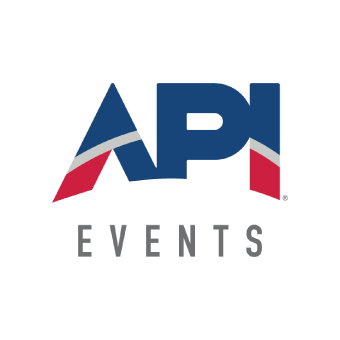 |
Download the API Events App! We have an updated events app! Access the program agenda; stay up to date with the latest announcements; create your personal schedule; create your event profile; view list of attendees; and more! *Be sure to remove any versions prior to February 2023. |
THINGS TO DO IN SALT LAKE CITY! |
|
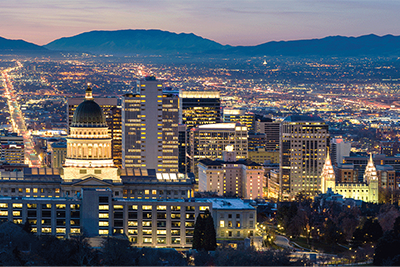 |
Discover the best ways to unwind and explore Salt Lake City after your conference sessions!Bad CaddyFlankersTop GolfK1 GoKarts |


